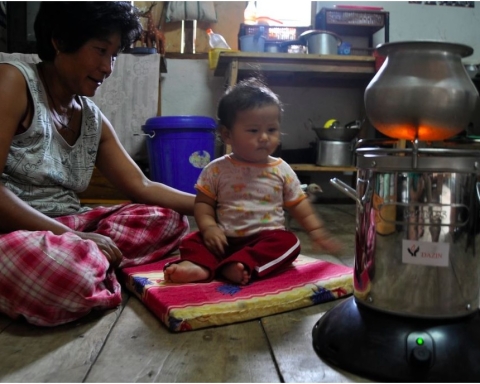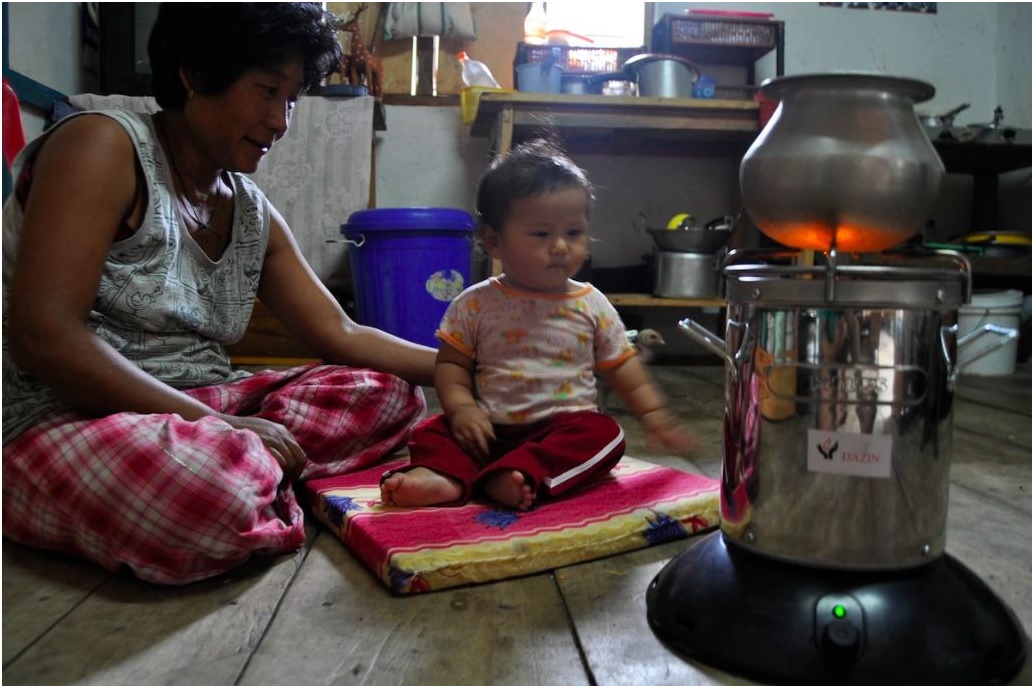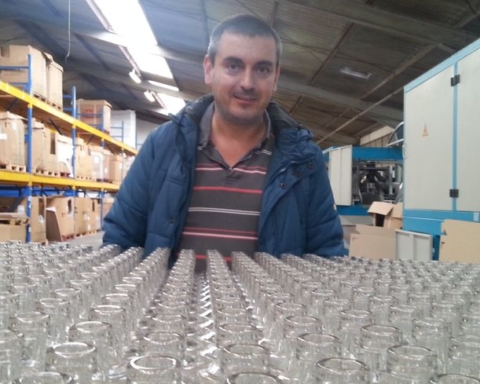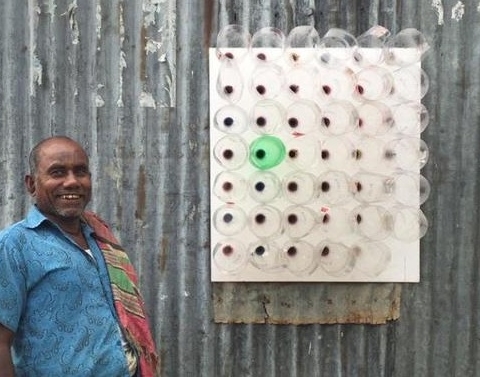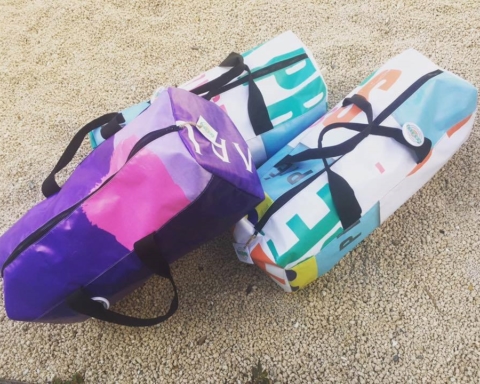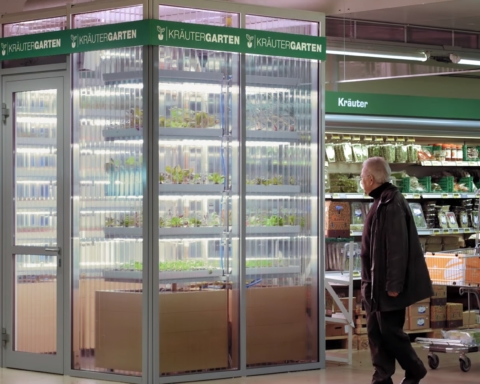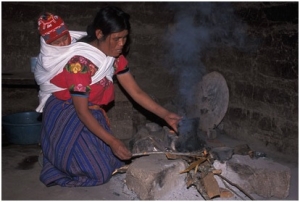 Harmful smoke produced in homes where coal, wood or manure are used as cooking fuel, is killing hundreds of people every day. However, in Bhutan, Dazin has developed an intelligent alternative – and a financial model – to help Bhutanese families. The company invented the “fuel cookie”.Exposure to this type of smoke affects more than 3 billion people worldwide and ranks ahead of unsafe water as a cause of death in low- and middle-income groups. Bhutan is one of them.
Harmful smoke produced in homes where coal, wood or manure are used as cooking fuel, is killing hundreds of people every day. However, in Bhutan, Dazin has developed an intelligent alternative – and a financial model – to help Bhutanese families. The company invented the “fuel cookie”.Exposure to this type of smoke affects more than 3 billion people worldwide and ranks ahead of unsafe water as a cause of death in low- and middle-income groups. Bhutan is one of them.
Toxic gases released during this type of cooking are extremely dangerous and equally responsible for nearly half of all pneumonia deaths in children under five. Despite these dangers, these methods are most common in developing countries.
However, with few available affordable alternatives, people affected continue to use the traditional way. They are forced to spend up to 25% of their income on fuel that can, ultimately, kill them.
The alternative method created by Dazin is the “fuel cookie”. The families entrust their wood waste to Dazin, instead of burning it as they normally would. The company then transforms these wood wastes from “crowdsourcing” in a condensed fuel “cookie“. These fuel cookies are non-polluting since they do not emit sulfur fumes or fly ash.
In return, Dazin, on leasing, gives families ovens that do not emit smoke, and an adequate amount of cookies to meet their needs. The surplus fuel is then sold at a competitive price to urban customers.
These fuel cookies are non-polluting since they do not emit sulfur fumes or fly ash
According to Deepak Ashwani, founder of Dazin, it does not simply offer a safer alternative cooking. The real objective is to make available this affordable alternative to those who do not earn more than 2 US dollars per day. “Dazin specific program can be a large-scale long-term solution since it is based on crowdsourcing,” Ashwani told. He now hopes to expand the project and help even more families.




